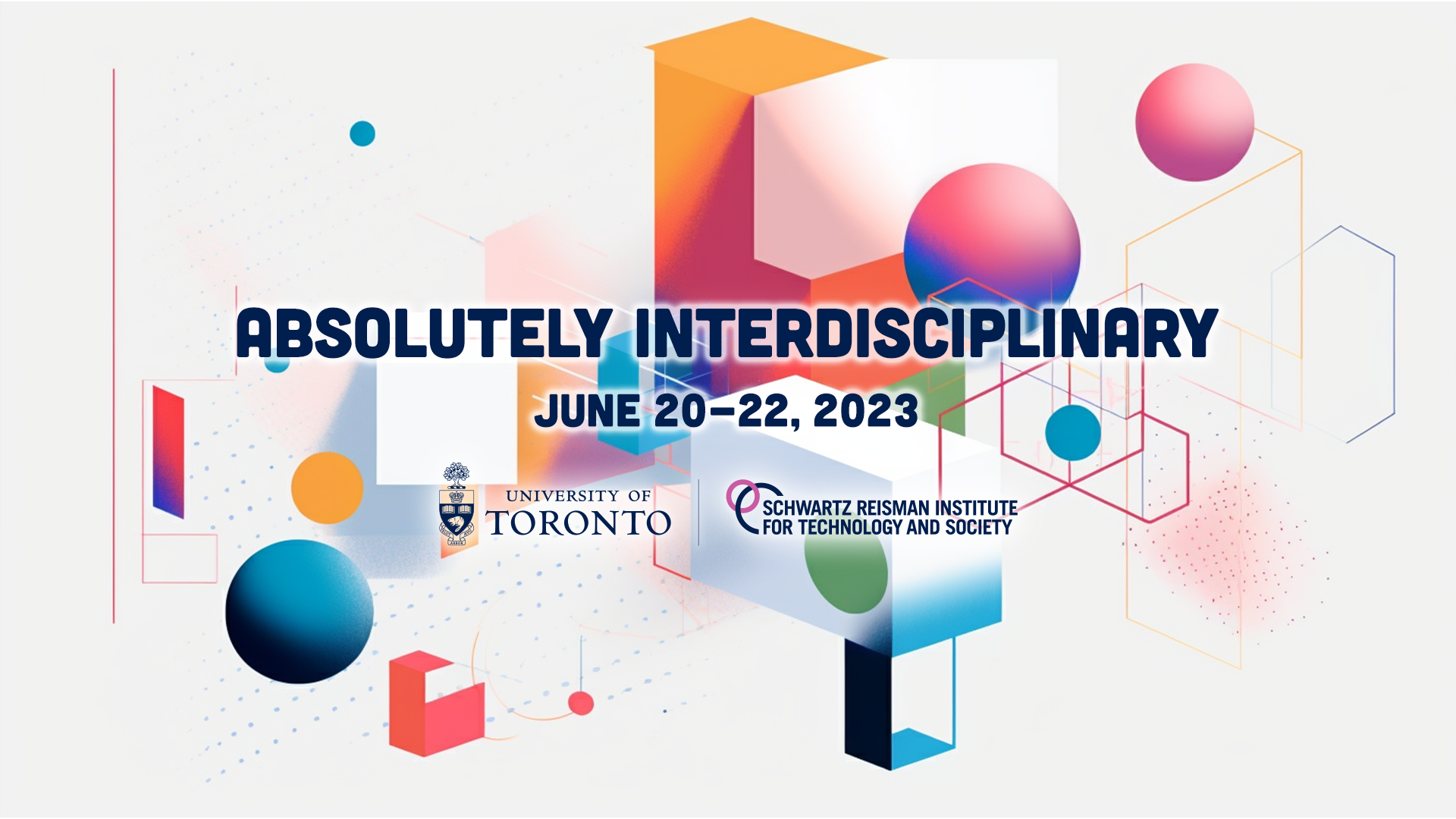
Unraveling the reward hypothesis: A peek into human and machine decision-making processes
In a session at the Schwartz Reisman Institute’s annual academic conference, Richard Sutton (Amii) and Julia Haas (DeepMind) discussed the legacy of Sutton’s reward hypothesis and the interplay between rewards, decision-making, and moral cognition.
How should we regulate frontier AI models?
The next generation of state-of-the-art foundation models could have capabilities that severely threaten public safety and global security. In a new multi-author white paper, the authors discuss the challenges of regulating frontier AI models, explore the building blocks of a potential regulatory regime, and suggest some minimum safety standards.
Exploring user interaction challenges with large language models
We’re using AI assistants and large language models everywhere in our daily lives. But what constitutes this interaction between person and machine? SRI Graduate Affiliate Davide Gentile writes about the virtues and pitfalls of user experience, highlighting some ways in which the human-computer interaction could be made clearer, more efficient, more trustworthy, and overall a better experience—for everyone.
Absolutely Interdisciplinary 2023 ignites new conversations and insights on AI research
How can researchers from different fields develop shared ways of understanding the potential impacts of artificial intelligence? At the Schwartz Reisman Institute’s annual conference, participants engaged in unique conversations regarding what AI can teach us about social systems, cognition, education, creativity, and more.
Why Geoffrey Hinton is worried about the future of AI
University of Toronto Professor Emeritus Geoffrey Hinton—the computer scientist ‘known as the Godfather of AI’—explains why, after a lifetime spent developing a type of artificial intelligence known as deep learning, he is suddenly warning about existential threats to humanity.
Toronto Public Tech Workshop explores the intersection of new technologies and the public realm
How are advanced technologies being used for public purposes? At the inaugural Toronto Public Tech Workshop, scholars from a wide range of disciplines presented new and emerging research on technology and its social ramifications. Speakers engaged with questions around policy, governance, social control, public education, and the dissemination of information for social impact.
Thinking inside and outside AI: Reflections on ChatGPT and the future of education
As artificial intelligence continues to advance, educators are rapidly being presented with opportunities and challenges they were largely unprepared for. To explore the impacts of tools like ChatGPT on the classroom, the Schwartz Reisman Institute and the Centre for Ethics co-hosted a symposium on the future of education in the age of generative AI.
Schwartz Reisman Institute welcomes 2023 fellowship recipients
The Schwartz Reisman Institute is proud to announce its 2023 cohort of fellowship recipients, welcoming four new faculty fellows and sixteen new graduate fellows from across the University of Toronto. From computer science, medical biophysics, and applied engineering to architecture, psychology, and philosophy, Schwartz Reisman fellowships support interdisciplinary research that builds new approaches to examine the relations between technology and society.
AI regulation in Canada is moving forward. Here’s what needs to come next.
Canada took an important step towards effectively regulating artificial intelligence when Parliament completed its second reading of the Artificial Intelligence and Data Act in April 2023. But there is still much to do to ensure that this agile regulatory framework is put to effective use.
Risk and uncertainty: What should we do about AI?
Is AI development moving too fast? In a panel on TVO’s The Agenda with Steve Paikin, SRI Director and Chair Gillian Hadfield was joined by Jeremie Harris and Pedro Domingos to discuss what risks AI poses to humanity, and what we should do about it.
Absolutely Interdisciplinary returns to spark new insights into the future of AI
The Schwartz Reisman Institute’s annual academic conference returns for a wide range of stimulating discussions on how the next phase of AI development will transform our world. Join keynote speaker Blaise Agüera y Arcas, panelists Richard Sutton, N. Katherine Hayles, and William Cunningham, and more. Registration is now open.
New research on training decision-making AI reveals insights into normative judgments
A new paper by Aparna Balagopalan, David Madras, David H. Yang, Dylan Hadfield-Menell, Gillian Hadfield, and Marzyeh Ghassemi describes how decisions made by machine learning models can be improved by labelling data that explicitly reflects value judgments.













